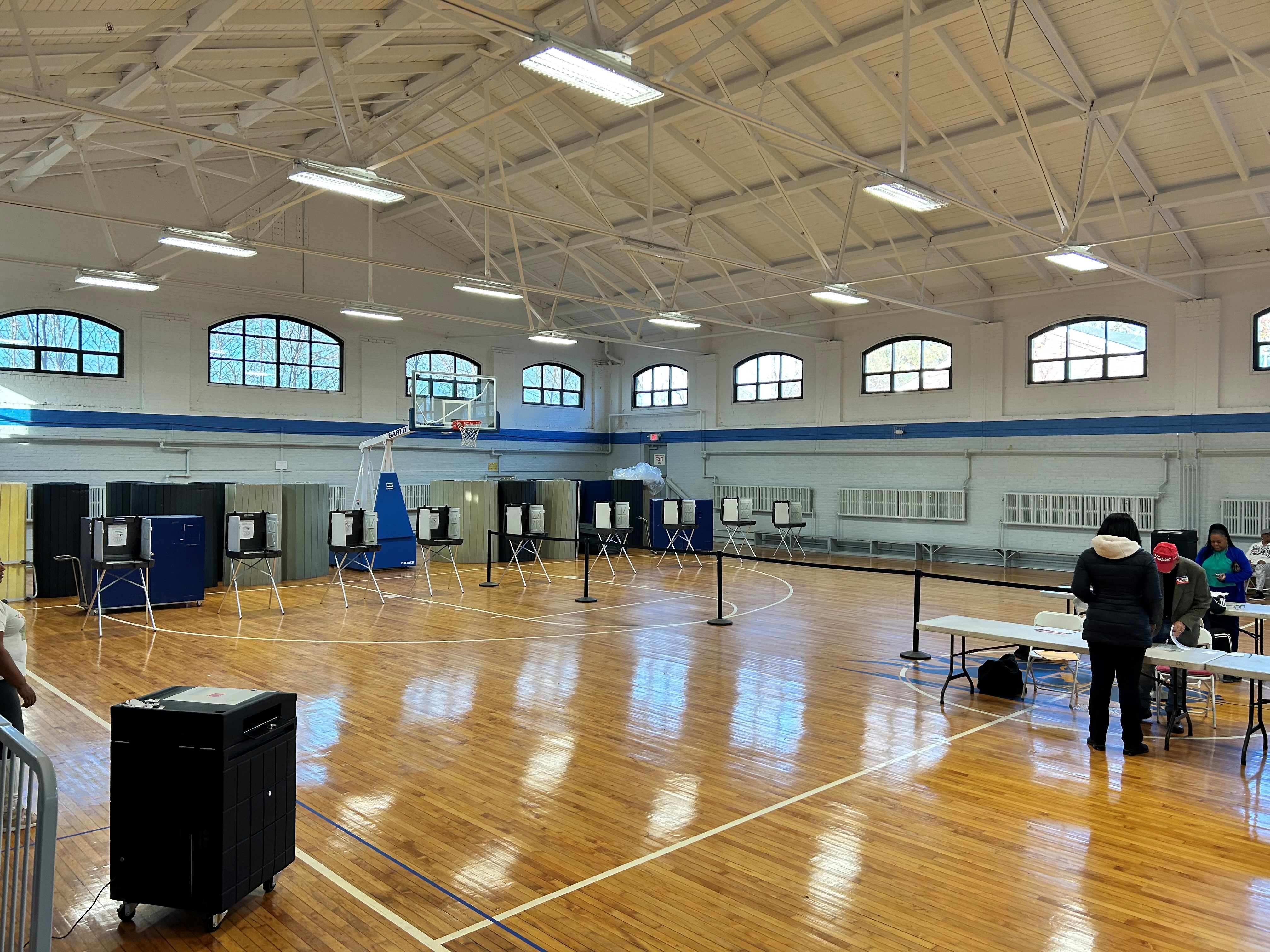People across the state are talking about what the conviction of Derek Chauvin means and what needs to happen next.
“It’s mixed emotions. We finally see that there is justice,” said Bloomfield Mayor Suzette DeBeatham-Brown.
Last year, hundreds attended a vigil in Bloomfield after the death of George Floyd. On Tuesday, the mayor says the conviction of Chauvin shows accountability is possible.
“It was very important that his fellow officers, that his superiors, came and testified that this is not policing at all,” said DeBeatham-Brown.
Get top local stories in Connecticut delivered to you every morning. Sign up for NBC Connecticut's News Headlines newsletter.
Mayor DeBeatham-Brown and Town Manager Philip Schenck say they’re proposing hiring a social worker to assist police and that it’s important to continue conversations about police training, de-escalation techniques, and community policing.
“We need to make sure police can do their job, but we need to make sure there’s fairness in doing their job,” said DeBeatham-Brown.
Local
It’s conversations and changes that Dr. Kalfani Turè says need to happen on every level. The Quinnipiac University criminal justice assistant professor is a former police officer and says there’s still a long road ahead to social justice and reform.
“It was a trial that says that we can pivot towards justice. We’re not there yet, but we can pivot. We can change our direction. We can change our trajectory,” said Turè
Turè says it took an overwhelming amount of evidence to secure a rare conviction but that seeing fellow law enforcement testify against Chauvin shows a desire to separate from bad officers.
“Because they bring down the dignity, the high moral regard for our uniforms, our badges, our profession. And you can do it. You’ve just got to be willing to be brave and courageous,” said Turè.



